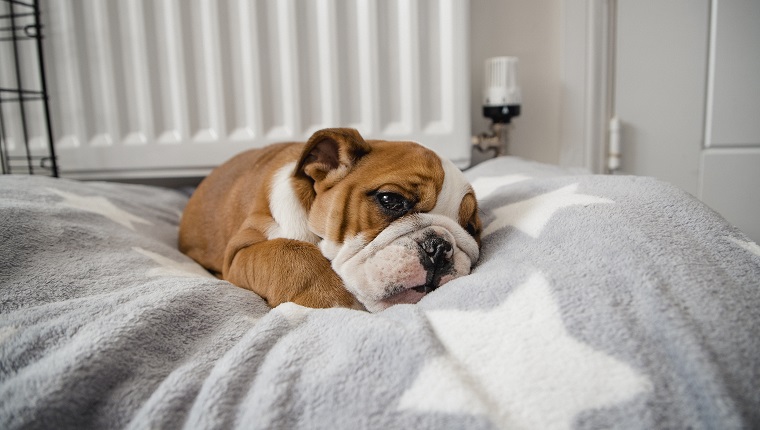If there’s one thing dog lovers recognize, it’s that our best animal friends — while very different from us — are strikingly similar to people in many ways. A case of the blues, and even outright depression, is but one more malady we have in common with our dogs.
As humans, we can rationalize our feelings, try to understand them, and seek treatment. Our…








